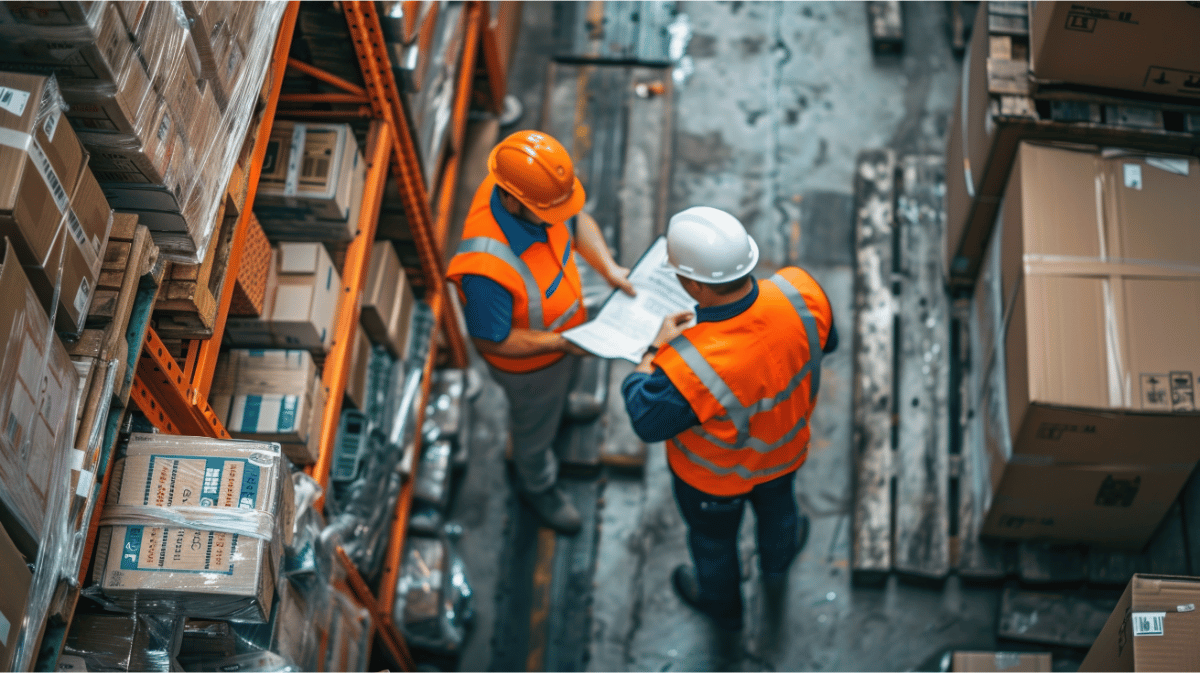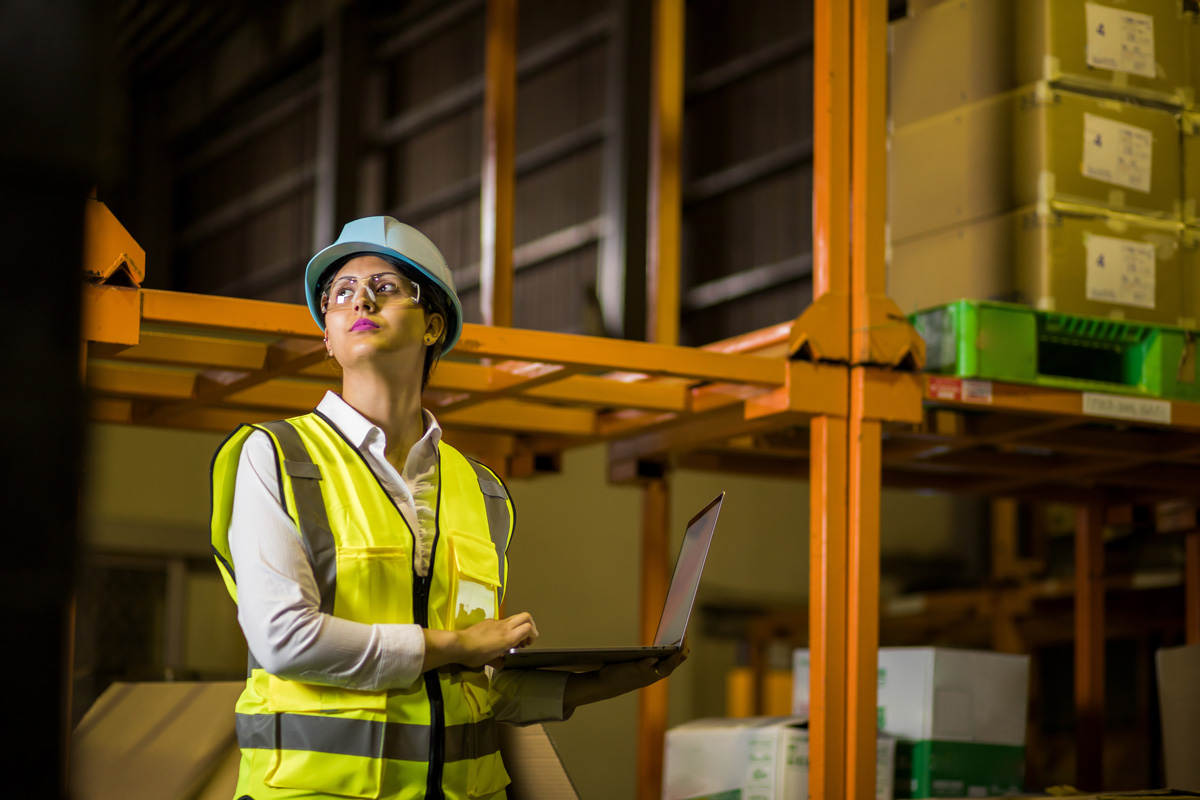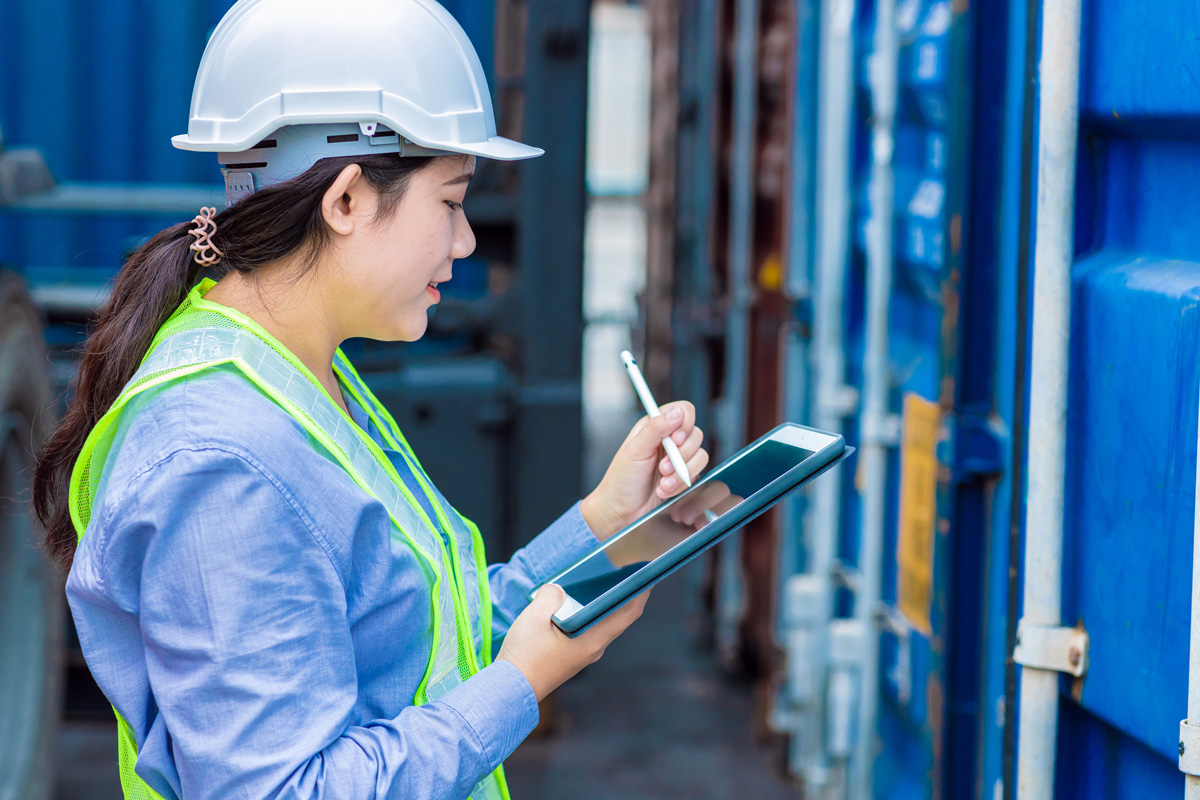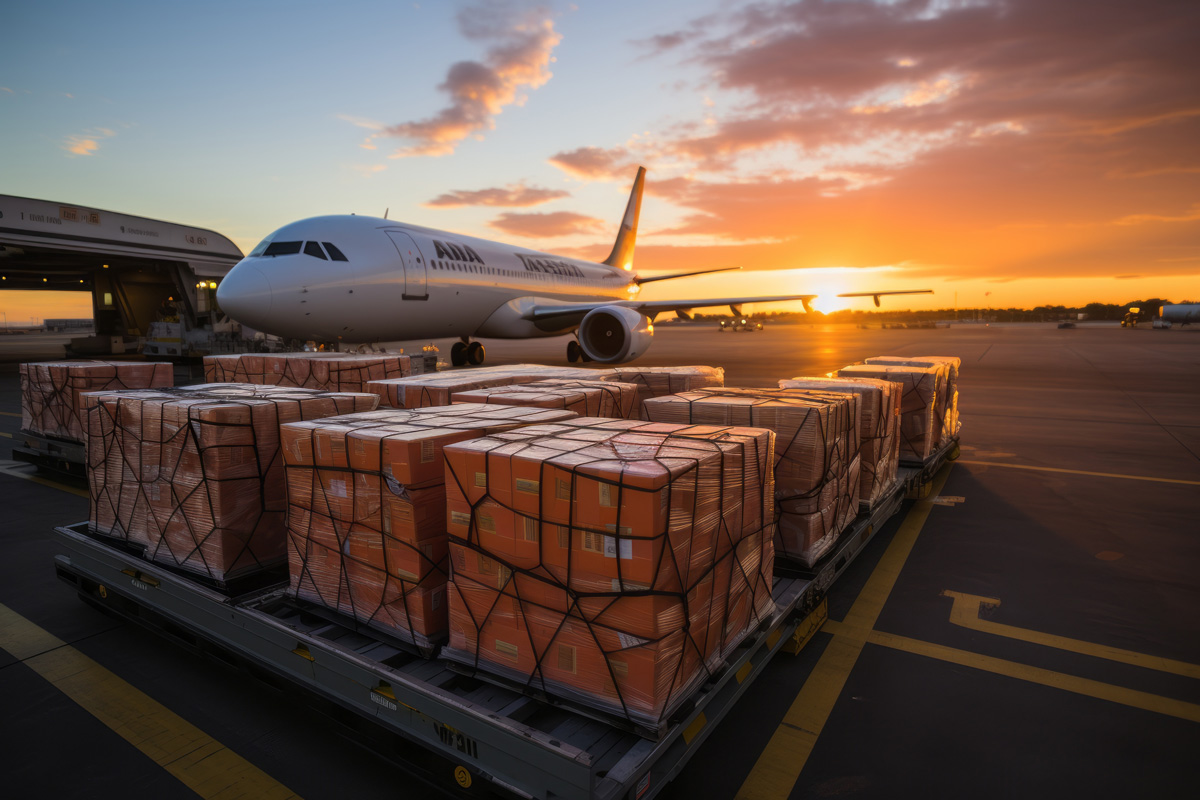
Warehousing has been around for decades. It has been a useful tool in shipping, handling, and transportation, and most businesses wouldn’t be as successful without them. In this article, we will discuss the history of warehousing and how it has improved.
At Cordova Brokerage International, we offer customs warehousing in El Paso, in addition to our plethora of services. Whether you have a surplus of supplies or want to stock up for the busier seasons, we have the space. For more information, call us at (915)-595-8774 today!
A Journey Through the Years
Much like everything in the world of commerce, warehousing has modernized through the years. It’s a service that is constantly being improved as technology advances, and makes product transportation more efficient. There have been multiple forms of customs warehousing across the centuries, and you can read through them below.
Ancient
The concept of storing goods became popular in ancient civilizations like Mesopotamia. Storage spaces were typically made of stone and held goods like metals, produce, and tools.
Medieval
The medieval period is where things started expanding. This is when markets started booming across Europe, which then pushed the need for storage facilities. They were usually made of wood and were located near ports or trading routes. Because markets were a growing practice, the need for protection and security also grew. Storage facilities were often fortified to reduce theft and damage.
Industrial Revolution
Throughout the 18th and 19th centuries, there was an economic boom in the buying and selling of goods. Storage facilities became full-sized warehouses, and the rise of transportation only further supported the economy. Due to trains and ships taking part in the transportation, larger warehouses were needed. These warehouses brought jobs and business to towns and cities, which in turn began molding the map we see today.
20th Century
The 20th century brought even more upgrades to customs warehousing. Technology became a huge player in storage and distribution, which helped streamline production. Machinery and automated systems made inventory management more efficient and transported goods much faster.
Modern Day
In today’s world of business, warehouses have become smart storage facilities. Computers programmed for data analysis, inventory management, and product demand made products move faster and more efficiently through the hoops. With this technology, fewer mistakes get made, which means even fewer delays.
Customs Warehousing in El Paso
At Cordova Brokerage International, our customs warehousing services in El Paso can provide you with the support your company needs. If you need storage space, call us at (915)-595-8774 today!









